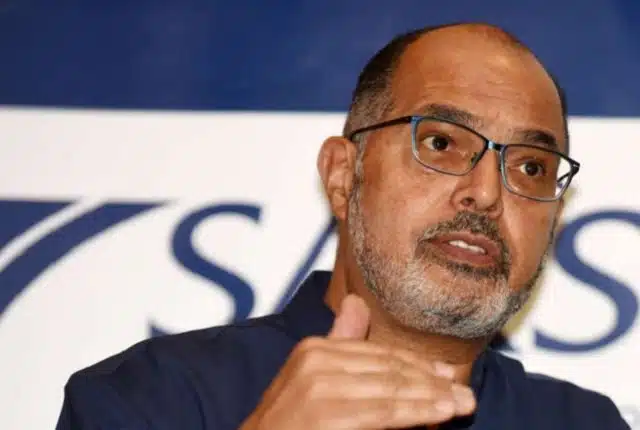
SARS is trying a ‘new tool’ to seize unexplained wealth in South Africa
The South African Revenue Service (SARS) is piloting a new initiative to make it more effective and easier to investigate and recover assets that are suspected of having been acquired through unlawful activities.
In a joint statement on behalf of SARS, the National Prosecuting Authority (NPA), Directorate of Priority Crime Investigation (DPCI), and the Department of Justice (DOJ) – under the authority of the Financial Intelligence Centre (FIC) – the government said it is collaborating to deprive South Africans who support their lifestyle with ill-gotten gains from their unexplained wealth.
“The law enforcement agencies will use existing asset recovery legislation to secure appropriate orders issued by our courts to confiscate unexplained wealth, thereby enabling the South African authorities to recover suspected ill-gotten gains,” said SARS.
It added that the departments would be looking into assets suspected to have been acquired through:
- Corruption;
- Fraud;
- Tax evasion; and
- Money laundering.
The provision, in current existing asset recovery legislation, requires that the state prove a defendant’s legitimate sources of income are not sufficient to justify assets that the defendant owns.
This puts the onus on the defendant to prove that the source of the funds for the assets owned is legitimate and that the assets were not acquired from the proceeds of criminal activities.
A court can therefore make an order to confiscate unexplained wealth on the basis that the wealth of a person or entity is disproportionate to the lawful income derived or declared by the person or entity and that the defendant is unable to justify or explain how the wealth was lawfully acquired, said SARS.
“This approach will enable law enforcement agencies and SARS to act even in cases where such unlawful activity cannot be proven beyond a reasonable doubt.”
The initiative aims to supplement the use of existing legislation frameworks to preserve and forfeit assets by targeting unexplained wealth, said SARS.
SARS is seeing if it can use existing legislation to target unexplained wealth or if it should adopt an international approach focusing on a standalone Unexplained Wealth Order (UWO).
The initiative also aims to practically test how inter-agency cooperation can be operationally achieved to expand the limits of the current legislation by creating case law through court proceedings, said the revenue service.
Unexplained Wealth Orders (UWO) in foreign jurisdictions such as the UK, Ireland and Australia – to name a few – are used to investigate unexplained wealth and can be served to the following two categories of people:
- Politically Exposed Persons – these are people with “prominent public functions” such as ministers, MPs and ambassadors, as well as their family members, known close associates and other connections.
- Someone suspected of being involved in a serious crime – these people are either connected with or suspected of a serious crime. In order for them to be given an order, there needs to be ‘reasonable grounds for suspicion.
To test its efficacy, a project steering committee has been established, and a task team was set up to conduct research and to benchmark and make recommendations on the way forward, said SARS.
“Preparatory activities for the next phase are currently in progress in order to select an appropriate case to test the existing provisions that target unexplained wealth in the courts.”
Greylisting
This move will better enable South Africa to confiscate criminal proceeds in line with the Financial Action Task Force (FATF) recommendation in this regard, said SARS.
The FATF, an international watchdog, recently identified significant weaknesses in parts of South Africa’s financial regulation. Shortfalls resulting in high cases of money laundering and terrorism funding were uncovered.
The possibility of South Africa being greylisted by the Financial Action Task Force (FATF) could make doing business with the country even tougher.
The government has also hastily been introducing various amendment bills between now and the end of November in order to prove to the FATF that it is capable of fighting money laundering and other forms of corruption.
SARS said that this new initiative would deepen inter-agency collaboration and unlawful combat activities such as corruption, fraud, tax evasion, money laundering and illicit financial flows – which is a good move to assist in the mitigation of a possible greylisting
Read: Government’s plan to keep South Africa off global ‘grey list.’



